Adil Khattak, Chief Executive Officer (CEO) of Attock Refinery Limited and Attock Gen Limited, has called for a phased deregulation of petroleum prices.
“I recommend a phased approach to deregulation,” Khattak, who has been associated with The Attock Oil Group for the last 47 years, said in an interview to BR Research published on Friday.
Elaborating on his approach for deregulation, the CEO said phase one should involve identifying malpractices through yearly audits.
“Phase two would entail deregulating Inland Freight Equalization Margin (IFEM) from the pricing structure to address issues related to tax refunds, fake products, and dumping,” he added.
The IFEM is a pooling mechanism introduced in 2001 to ensure uniform petroleum product rates across the country.
“It has become a contentious issue within the industry due to its political implications. Periodically, authorities discuss the deregulation of IFEM, and this conversation has resurfaced recently,” said Khattak.
‘Refineries upgrade at risk due to newly-introduced sales tax exemption’
Khattak said that deregulating IFEM would result in significant price variations between different cities and oil companies. “Consumers close to ports and refineries would benefit from cheaper rates, while those further afield would face higher prices,” he said.
Khattak noted that over the years, the industry has witnessed manipulation and misuse of the freight pool mechanism. “This includes compromising on fuel quality by introducing low-quality smuggled products, passing on additional discounts to retailers due to the availability of low-cost smuggled products, and illegal dumping and extra deliveries to other OMC stations or illegal storage facilities,” he said.
Moreover, refineries have specific concerns regarding the deregulation of petroleum prices, he said.
Khattak shared that pricing structure of POL products like Motor Gasoline (MG) and High-Speed Diesel (HSD) consists of six different components: Ex Refinery, Petroleum Levy & Sales Tax, IFEM, Distribution Margin (OMCs), and Dealer Margin.
“While we can accept a 10% customs duty on petrol and diesel, we must guard against dumping.



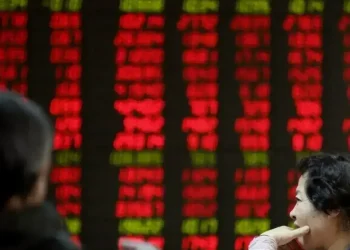
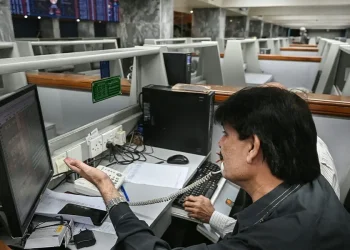
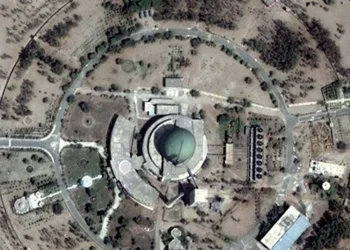
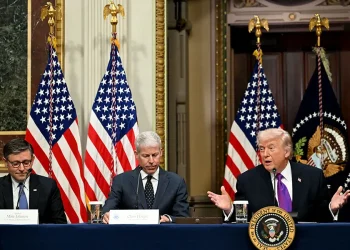
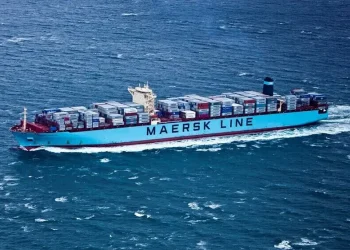
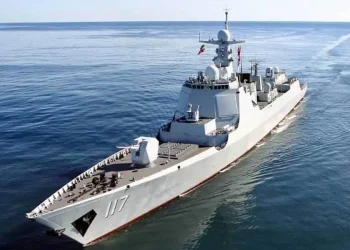

 American Dollar Exchange Rate
American Dollar Exchange Rate